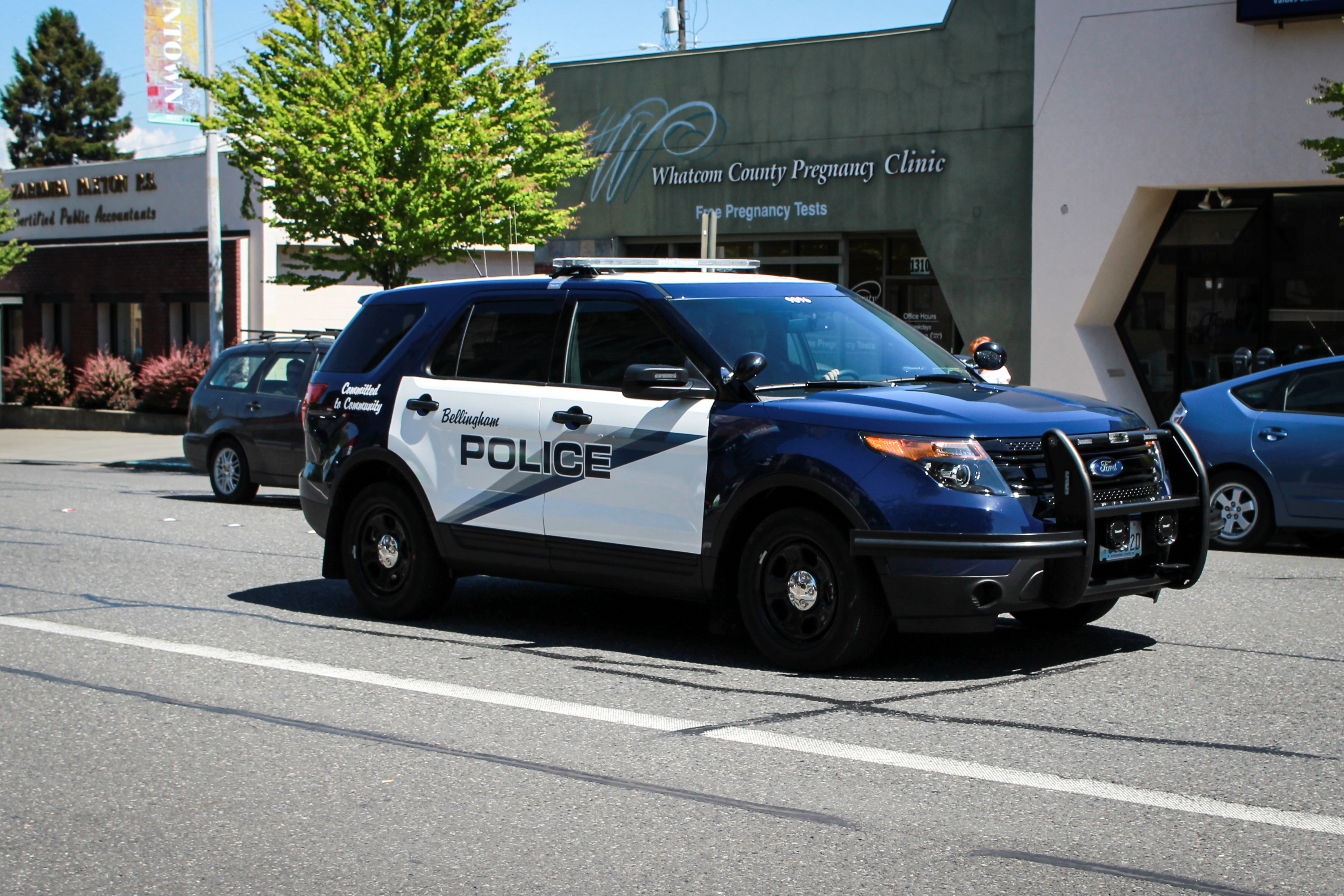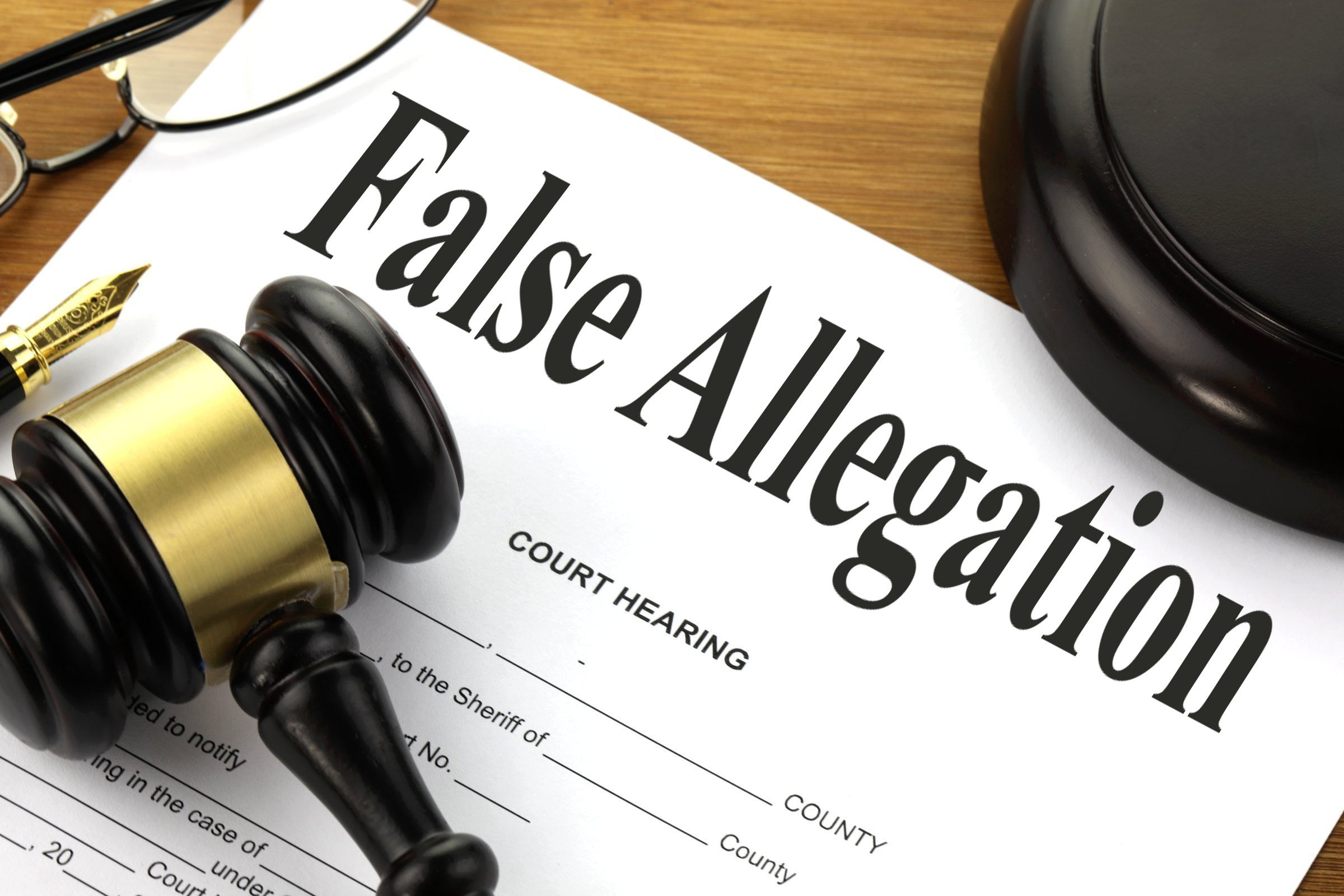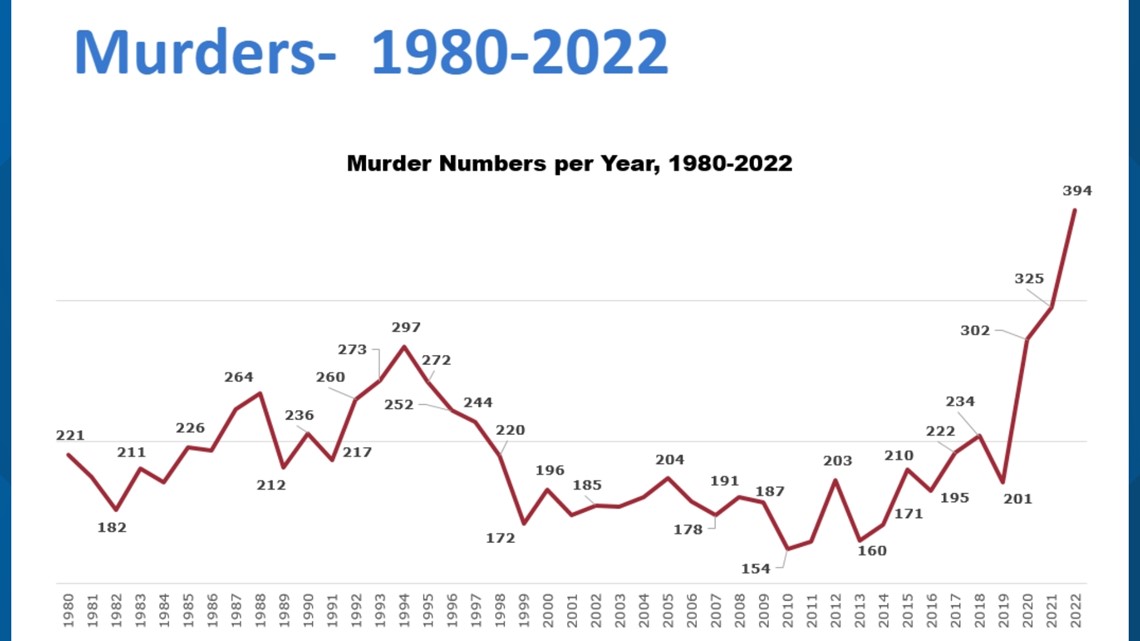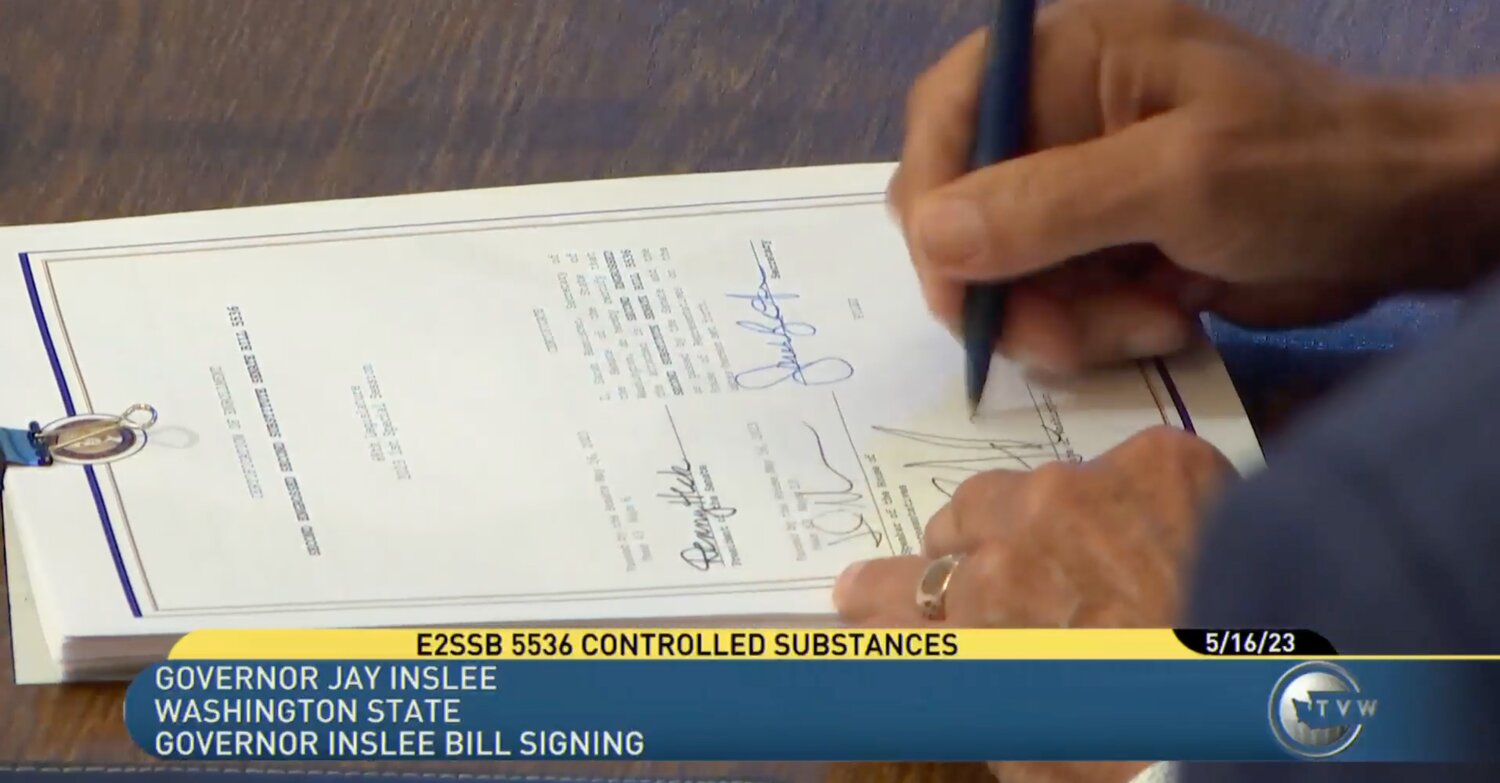
You’ve likely heard a lot about crime recently. It’s been a major topic of campaign rhetoric and featured in a cacophony of often misleading ads. More Americans than ever now believe that crime is up in their community, according to a recent Gallup poll.
But what do crime statistics reveal for the City of Bellingham, in particular?
Out of curiosity, I researched the City of Bellingham’s crime statistics for both 2022 and 2023. Here’s what the numbers show:
BELLINGHAM CRIME STATISTICS – ALL NEIGHBORHOODS – 2022
| Reported Incidents | Jan | Feb | Mar | Apr | May | Jun | Jul | Aug | Sep | Oct | Nov | Dec |
| Alcohol Offenses | 0 | 0 | 0 | 0 | 0 | 0 | 2 | 3 | 5 | 2 | 0 | 0 |
| Assault (Felony) | 17 | 12 | 21 | 14 | 16 | 9 | 24 | 12 | 18 | 18 | 10 | 9 |
| Assault (Misdemeanor) | 42 | 44 | 54 | 48 | 54 | 43 | 57 | 56 | 51 | 56 | 28 | 53 |
| Auto Theft | 74 | 62 | 62 | 47 | 39 | 32 | 30 | 40 | 36 | 27 | 32 | 22 |
| Burglary (Residential) | 78 | 57 | 89 | 70 | 64 | 49 | 52 | 68 | 59 | 58 | 60 | 51 |
| Crimes Against Person | 19 | 19 | 18 | 17 | 16 | 22 | 22 | 19 | 11 | 19 | 10 | 11 |
| Crimes Against Property | 48 | 42 | 46 | 38 | 44 | 47 | 51 | 37 | 39 | 38 | 41 | 27 |
| Domestic Violence | 62 | 67 | 58 | 84 | 58 | 60 | 74 | 76 | 69 | 64 | 73 | 55 |
| Drug Offenses | 9 | 7 | 7 | 15 | 18 | 13 | 35 | 24 | 22 | 20 | 17 | 19 |
| DUI | 10 | 17 | 15 | 17 | 14 | 22 | 22 | 19 | 35 | 23 | 20 | 19 |
| Homicide | 0 | 1 | 0 | 0 | 1 | 0 | 0 | 0 | 0 | 2 | 0 | 0 |
| Malicious Mischief | 80 | 86 | 194 | 152 | 139 | 263 | 294 | 415 | 285 | 298 | 311 | 258 |
| Public Order Maintenance | 321 | 278 | 345 | 247 | 297 | 351 | 287 | 274 | 262 | 306 | 258 | 316 |
| Robbery | 16 | 16 | 9 | 10 | 12 | 11 | 17 | 8 | 7 | 14 | 5 | 5 |
| Service Calls | 472 | 365 | 466 | 430 | 512 | 504 | 514 | 500 | 438 | 367 | 456 | 407 |
| Sex Crime Reports | 4 | 5 | 10 | 5 | 6 | 5 | 11 | 10 | 6 | 10 | 8 | 11 |
| Theft | 318 | 293 | 336 | 296 | 296 | 275 | 268 | 285 | 243 | 242 | 259 | 185 |
| Traffic Accidents | 53 | 40 | 58 | 55 | 45 | 54 | 39 | 53 | 42 | 79 | 63 | 24 |
| Traffic Offenses/Complain | 154 | 158 | 141 | 116 | 114 | 100 | 113 | 89 | 159 | 143 | 121 | 88 |
| Vehicle Prowls | 197 | 184 | 226 | 194 | 200 | 105 | 122 | 127 | 87 | 126 | 90 | 62 |
| All Others | 196 | 144 | 169 | 119 | 149 | 155 | 184 | 143 | 145 | 175 | 146 | 114 |
| Calls – Non-reportable | 4247 | 4051 | 4631 | 4348 | 4930 | 5281 | 5496 | 5267 | 5017 | 4838 | 4003 | 4194 |
| Totals | 6417 | 5948 | 6955 | 6322 | 7024 | 7401 | 7714 | 7525 | 7036 | 6925 | 6011 | 5930 |
BELLINGHAM CRIME STATISTICS – ALL NEIGHBORHOODS – 2023
| Reported Incidents | Jan | Feb | Mar | Apr | May | Jun | Jul | Aug | Sep | Oct | Nov | Dec |
| Alcohol Offenses | 3 | 0 | 1 | 0 | 4 | 3 | 1 | 0 | 0 | 0 | 0 | 0 |
| Assault (Felony) | 5 | 14 | 12 | 10 | 14 | 15 | 16 | 0 | 0 | 0 | 0 | 0 |
| Assault (Misdemeanor) | 52 | 35 | 33 | 42 | 53 | 39 | 59 | 0 | 0 | 0 | 0 | 0 |
| Auto Theft | 28 | 22 | 24 | 15 | 24 | 28 | 21 | 0 | 0 | 0 | 0 | 0 |
| Burglary (Residential) | 55 | 34 | 52 | 58 | 58 | 60 | 32 | 0 | 0 | 0 | 0 | 0 |
| Crimes Against Person | 16 | 11 | 22 | 18 | 27 | 24 | 20 | 0 | 0 | 0 | 0 | 0 |
| Crimes Against Property | 41 | 30 | 30 | 27 | 21 | 33 | 21 | 0 | 0 | 0 | 0 | 0 |
| Domestic Violence | 69 | 49 | 61 | 76 | 66 | 74 | 78 | 0 | 0 | 0 | 0 | 0 |
| Drug Offenses | 27 | 32 | 24 | 19 | 29 | 29 | 26 | 0 | 0 | 0 | 0 | 0 |
| DUI | 29 | 21 | 33 | 27 | 39 | 30 | 36 | 0 | 0 | 0 | 0 | 0 |
| Homicide | 0 | 0 | 2 | 0 | 1 | 0 | 0 | 0 | 0 | 0 | 0 | 0 |
| Malicious Mischief | 322 | 375 | 365 | 295 | 192 | 106 | 50 | 0 | 0 | 0 | 0 | 0 |
| Public Order Maintenance | 314 | 273 | 260 | 328 | 299 | 317 | 256 | 0 | 0 | 0 | 0 | 0 |
| Robbery | 12 | 10 | 10 | 5 | 11 | 9 | 5 | 0 | 0 | 0 | 0 | 0 |
| Service Calls | 480 | 412 | 462 | 395 | 446 | 513 | 417 | 0 | 0 | 0 | 0 | 0 |
| Sex Crime Reports | 6 | 6 | 5 | 5 | 4 | 9 | 4 | 0 | 0 | 0 | 0 | 0 |
| Theft | 234 | 219 | 218 | 226 | 251 | 196 | 177 | 0 | 0 | 0 | 0 | 0 |
| Traffic Accidents | 13 | 10 | 15 | 17 | 8 | 26 | 7 | 0 | 0 | 0 | 0 | 0 |
| Traffic Offenses/Complain | 91 | 77 | 93 | 85 | 85 | 66 | 47 | 0 | 0 | 0 | 0 | 0 |
| Vehicle Prowls | 57 | 52 | 52 | 59 | 59 | 44 | 27 | 0 | 0 | 0 | 0 | 0 |
| All Others | 167 | 143 | 154 | 134 | 146 | 143 | 90 | 0 | 0 | 0 | 0 | 0 |
| Calls – Non-reportable | 4431 | 3947 | 4858 | 4697 | 5186 | 4964 | 4720 | 0 | 0 | 0 | 0 | 0 |
| Totals | 6452 | 5772 | 6786 | 6538 | 7023 | 6728 | 6110 | 0 | 0 | 0 | 0 | 0 |
The numbers are interesting. Without diving too deeply into sub-categories, it appears that crime is trending down. In 2022, the City of Bellingham had 47,781 reported incidents of crime from January – July. In 2023, the City of Bellingham has 45,409 total reported incidents of crime from January – July.
The take-away? Bellingham, WA is a relatively safe city compared to the national average. According to bestplaces.net, violent crime in Bellingham is 18.8 which is significantly lower than the US average of 22.7. Similarly, property crime rate in Bellingham is 71.5 which is more than twice as low as the US average of 35.4. Therefore, it can be concluded that Bellingham is an overall safer area than most places in the United States.
It’d be interesting to know what criminal charges were reduced, dismissed, acquitted or found guilty.
Please contact my office if you, a friend or family member are charged with a crime. Hiring an effective and competent defense attorney is the first and best step toward justice.














